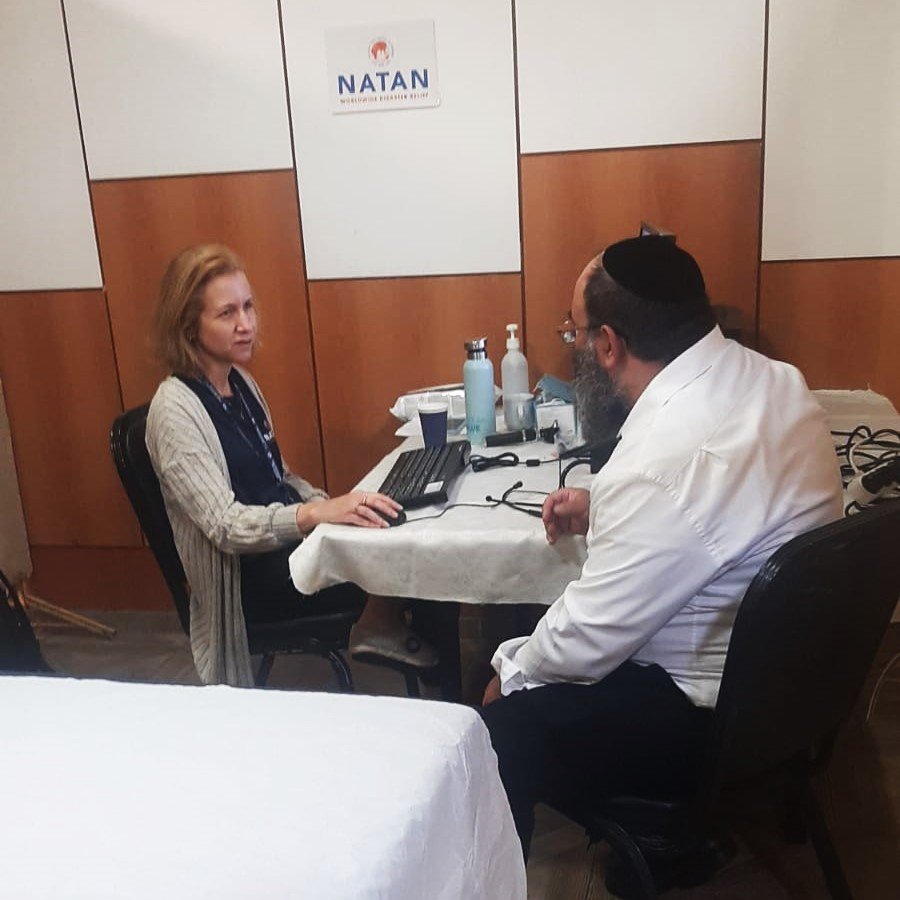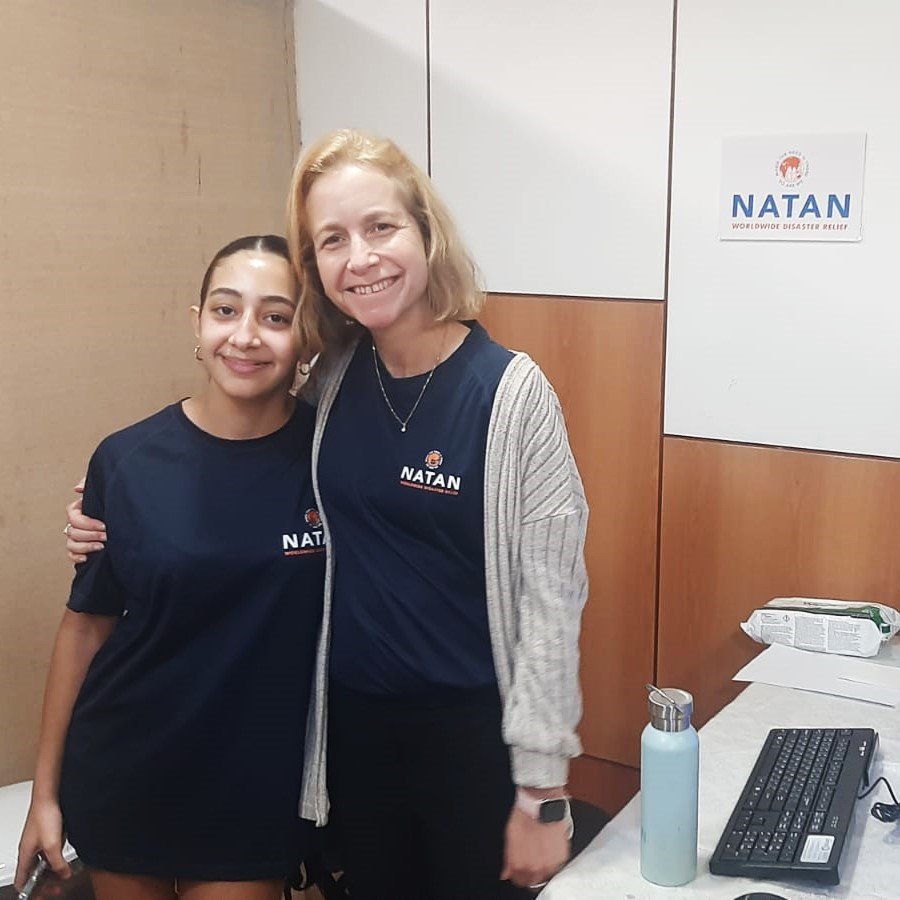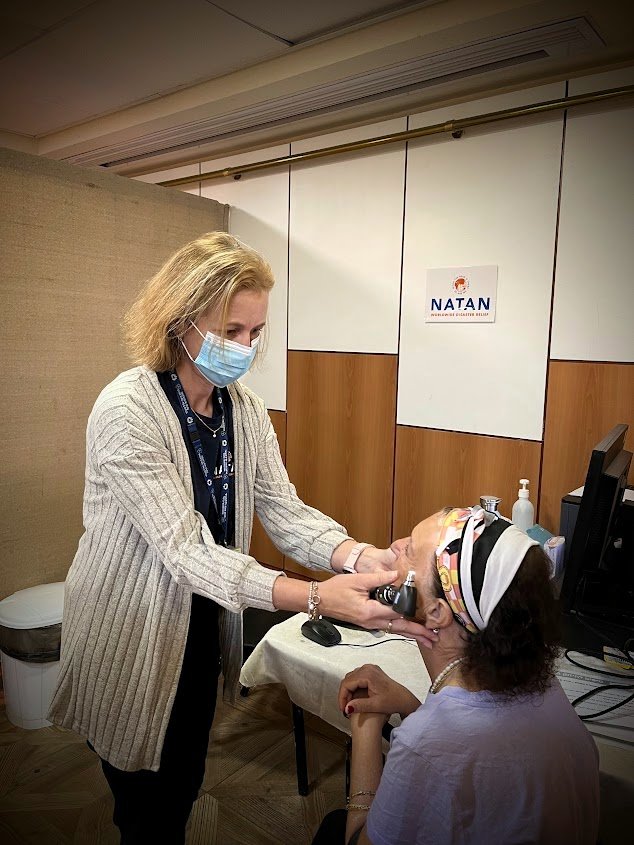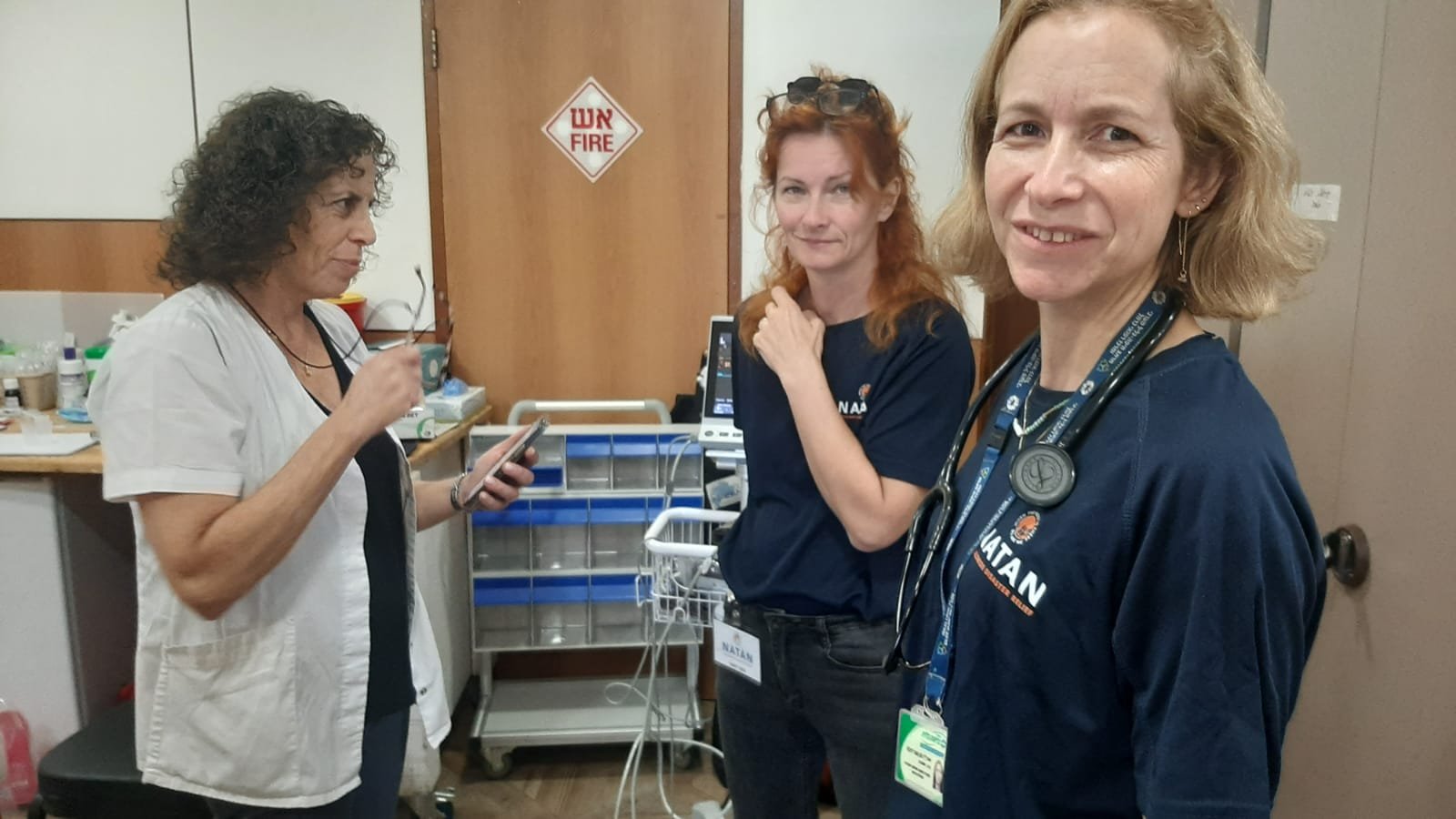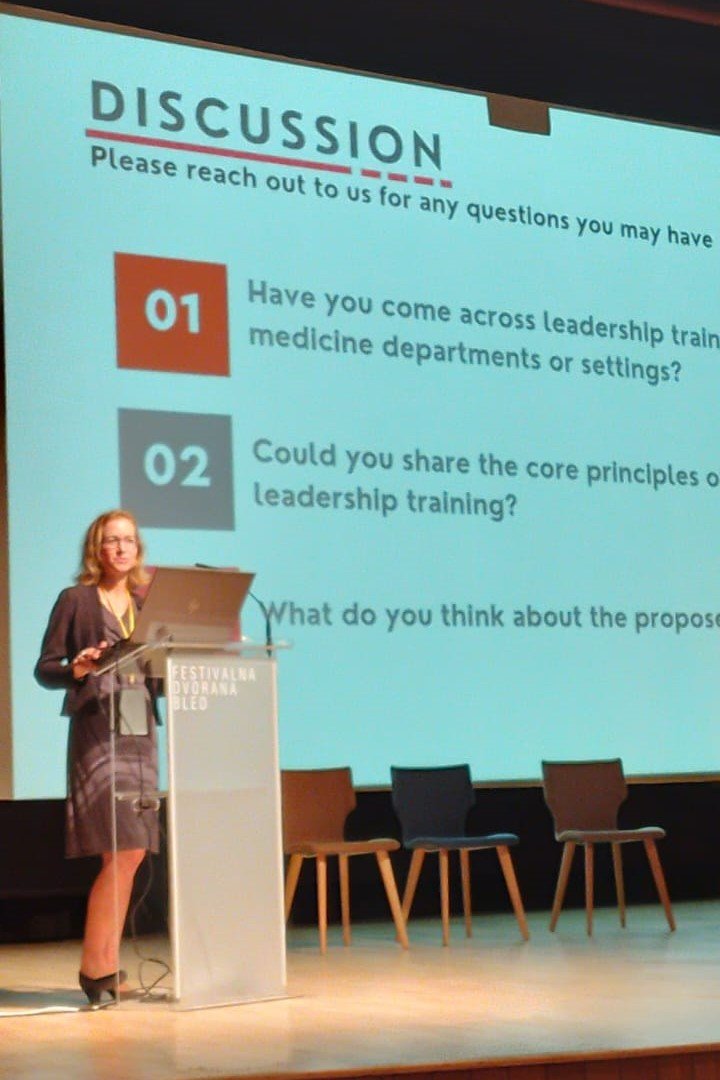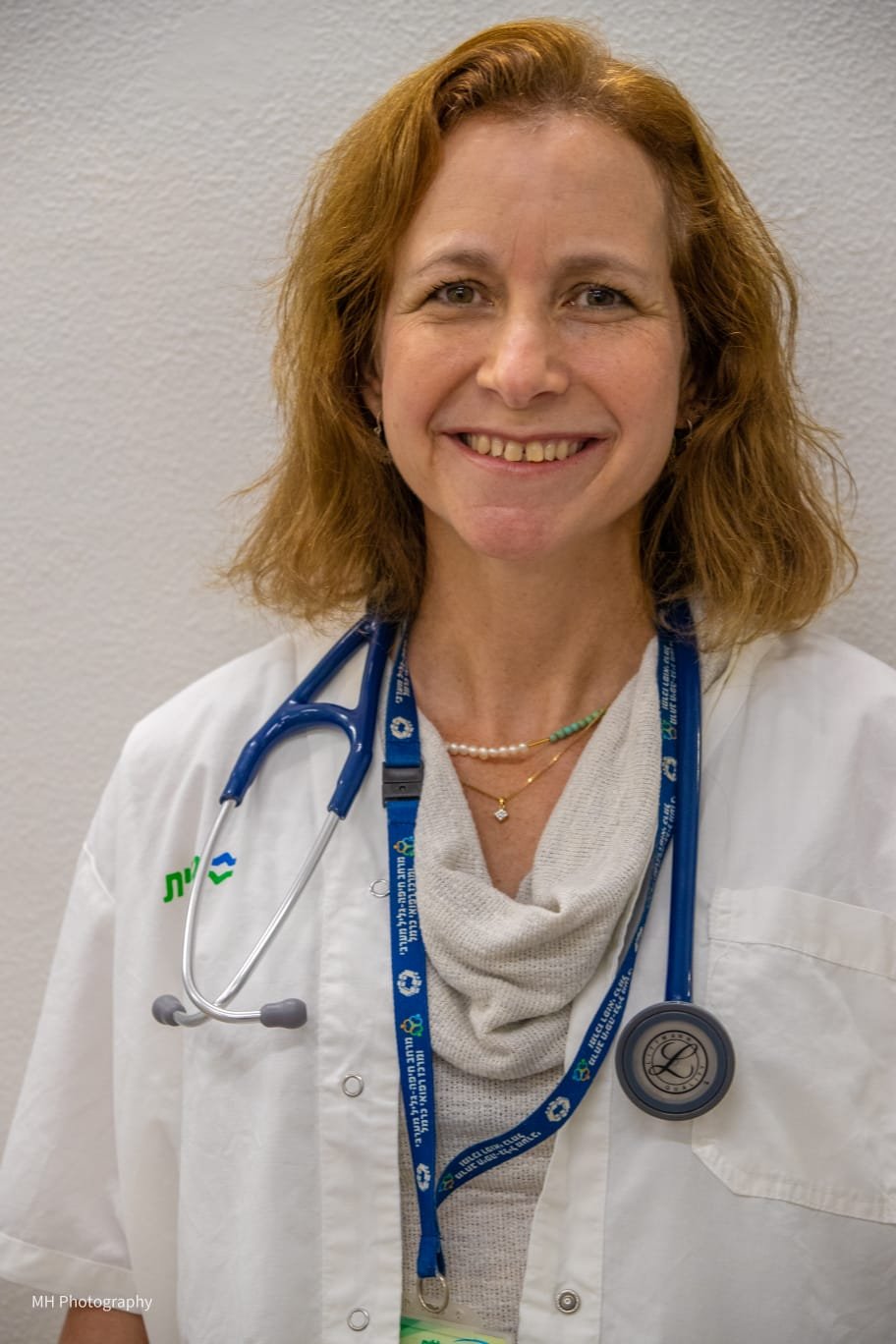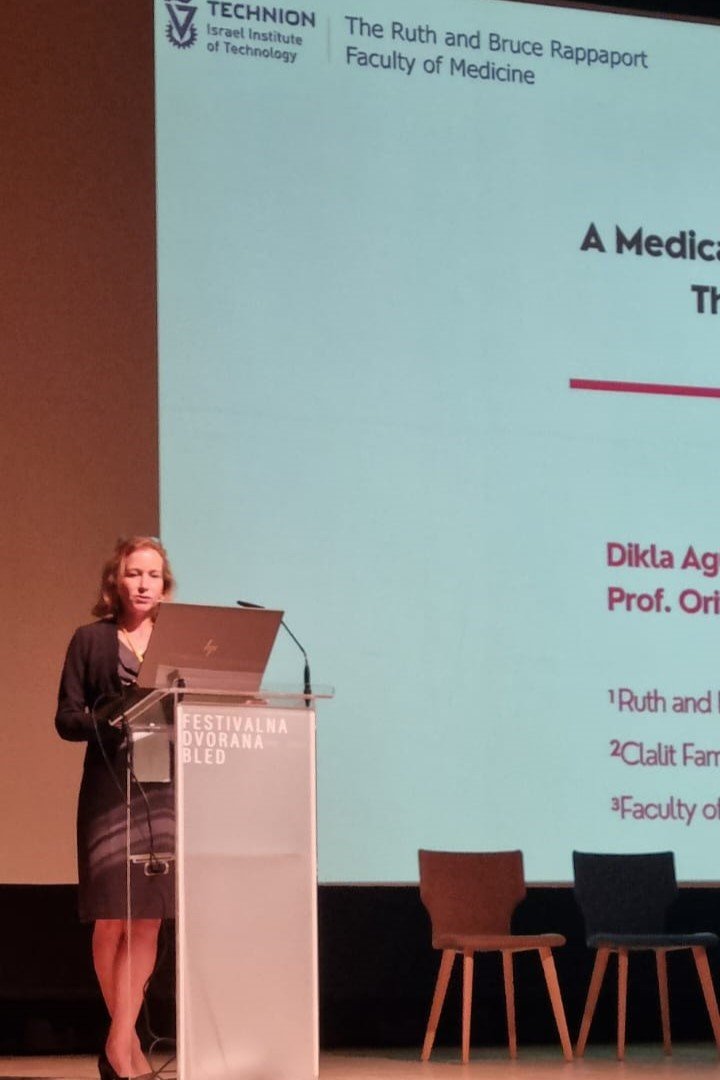3 Days at the Dead Sea
Dr. Dikla Agur is a family doctor who lives in Kiryat Tivon and works in the Kibbutz Hazorea clinic in Israel’s Jezreel Valley. Dr. Agur is a Technion University Medical School lecturer and a NATAN volunteer. Here is her narrative from her experience volunteering at NATAN’s walk-in clinic for evacuees and survivors of the Oct. 7th attack.
A week after October 7, the NATAN organization asked me to volunteer for a few days at the Dead Sea, in their ad-hoc medical clinic. As I needed a secretary at the clinic, I also brought my 15-year-old daughter Hadar with me, to the lowest place in the world -- the Dead Sea. We opened the clinic in the morning and people began to flow to the clinic: a mother who gave birth on October 5, parents with young children, elderly people who came without their medication, healthy people who faced minor medical problems and people with chronic diseases, confused and clueless about their medications. All share a common denominator: they are shocked, anxious, exhausted. They are detached from the five-star hotel where they are housed since October 7, and think about home...
Dikla and Hadar on duty at the Dead Sea Clinic
Most visits end without a prescription but with a strong, prolonged human hug. They want comfort, they want witnesses to their experience. They want hope.
Parents feel guilty. How did I bring my children to this horrible place, they ask themselves. How did I hurt them for the rest of their lives? How many months will we be refugees? How do you survive so much grief and not break down in front of the children?
The children. They tell of friends who were killed, a friend who was kidnapped. They ask for another home, but miss their friends. Will they see them again? What of the dog and the cat who are left behind? They tell of the long stay in the emergency evacuation area with a fear that they would never leave. A cute 6-year-old boy proudly recites a hymn chapter he learned, as his father pulls hard at the door.
Elderly people express a severe breach of trust. How did we get left out like this? How many more funerals will I attend? Where will I go back to? When will I be back? I'll be back! I have no other home.
I heard stories that chased sleep from my eyes. I shed tears with them, and they tried to comfort me. I prescribed medications that bring sleep after many nights of insomnia.
I dug into the medical files of chronic patients in an attempt to improve their treatment even slightly. I contacted consultants, to discuss medical inquiries at Barzilai Hospital that will never be carried out. I helped a young mother try to breastfeed; her milk was dry as her tears flowed.
I reassured a single mother whose only son of 14 months had been referred for an autism evaluation. The boy had not slept, cried, or made a sound since a missile fell in their yard.
An elderly nurse from Sderot had been transferred directly from surgery to a hotel room; she was confined to her bed since the hotel is not accessible. A nurse washed her in her bed, trying to prevent pressure wounds.
The children.
I inflated balloons from gloves to put a smile on the children's lips.
I consoled the mother of a 5-year-old girl who wet the hotel bed every night and the mother whose 1-year-old son rejected solid food, drinking only two bottles of Materna [formula] a day.
One sentence remains with me, unforgettable: A young mother of a 6-year-old girl and a 3-year-old boy, whose husband, a police officer, went out to defend their community on October 7 and has not yet returned. She came to the clinic to get a prescription for birth control pills, and told me: “There is no way I will bring any more children into this world!”
On Friday, three days later, after many hugs, Hadar and I left the lowest place on Earth, our tears adding to that salty sea, the water of death, as we headed north.

